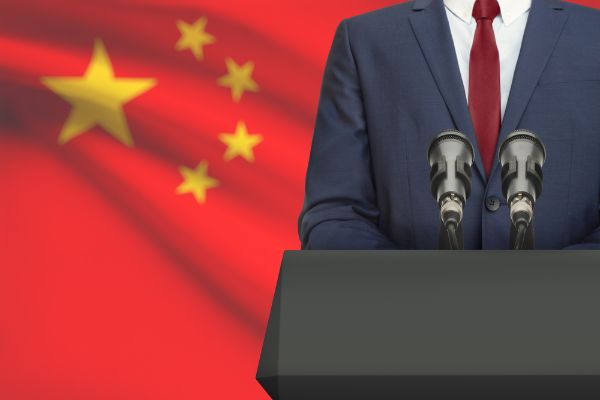This week, the Communist Party of China unveiled further plans to impose export restrictions on two minerals that are essential for the manufacture of electric vehicles, military hardware, solar panels, and other items.
Gallium and germanium, two minerals, along with dozens of other related metals, would be subject to new export restrictions intended to retaliate against the West for denying China access to sophisticated semiconductors.
According to Christopher Ecclestone, principal of the natural resource research company Hallgarten & Co., China is the world’s top producer of both minerals, dominating the market as a result. This advantage was attained by “suppressing the price,” Ecclestone claims. “It suddenly turns more viable to gather these precious metals from the West, then China once again has an own-goal,” Ecclestone stated when they cease lowering the price.
“The same thing has already happened in other items like antimony, tungsten, and rare earths. For a brief period of time they receive a higher price, but then China’s dominant position in the market gets lost,” he continued.
According to the U.S. Geological Survey, gallium is a soft metal utilized in consumer items, industrial machinery, military hardware, healthcare equipment, and telecommunications hardware. Solar cells and fiber optics are both made using germanium.
The action may backfire on China, according to a Chinese executive in the semiconductor industry. In the short term, the executive stated, “it may have minimal effect on the global marketplace and may instead have an impact on the business of Chinese manufacturing during the economic downturn.”
According to the Eurasia Group, China’s action was “a warning shot, rather than a death blow.”
The organization said that “although the most recent regulations require Chinese exporters to first get a license, no text explicitly forbids shipment to particular nations or end users. It is a shot across the bow designed to deter nations from further restricting Chinese availability of high-end chips and tools, including the U.S., the nation of Japan, and the Netherlands,” according to the statement.
According to some analysts, the change will have little to no effect on customers over the course of the next year since current stockpiles will cover the void. They stated that there will be repercussions if the issue continues for more than a year.
Others said that the decision “will have an instantaneous ripple impact upon the semiconductor sector, particularly when it comes to high-performance chips.”





Comments are closed.